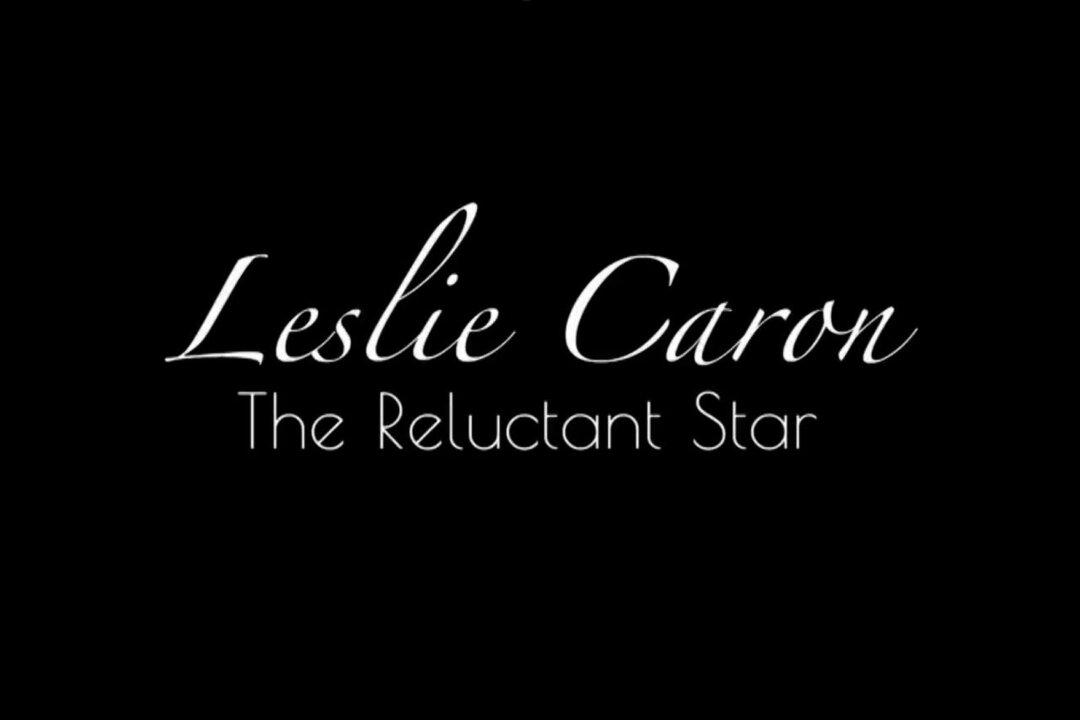Commentary
When I used to live in Hollywood, California, years ago and was studying the history of cinema, I’d often wonder what it used to be like back in Hollywood’s Golden Age (from the 1910s to the 1960s). Stars were real stars back then and many of them who have now passed on most likely wouldn’t even recognize what the American film industry has become.





